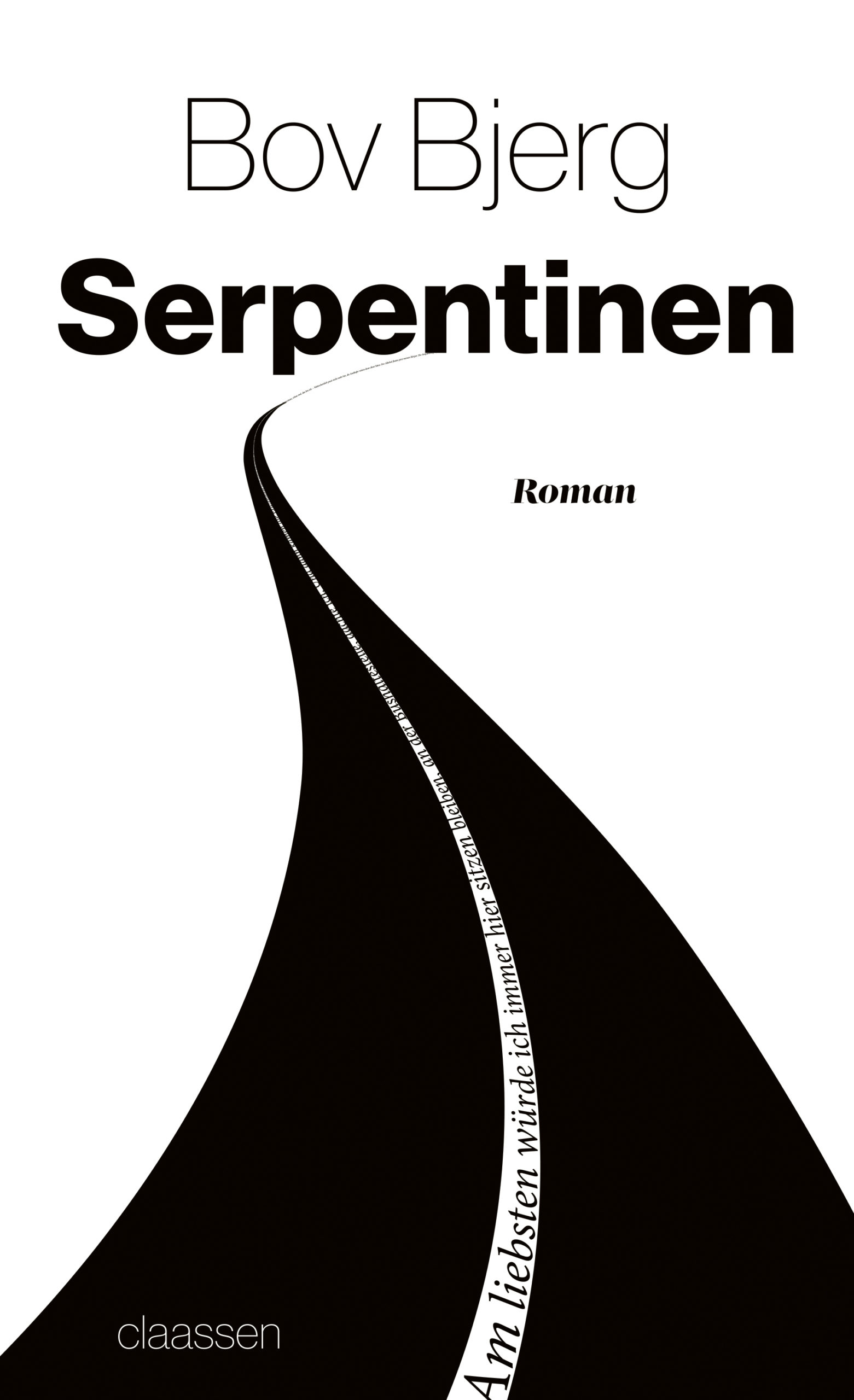We were lucky to grab Bov Bjerg during the lock down and ask him a few questions about his most recent novel, the story of a family in which three generations have taken their own lives, and why it would be well received in English translation.
New Books in German (NBG): Our juries in the UK and the USA agreed that Switchbacks (called Serpentinen in German) has good chances of success with English-speaking audiences. Why do you think your book might resonate with readers in the English-speaking world?
Bov Bjerg (BB): The comedian in me instinctively wants to say: because it features Nazis and the Autobahn! To answer your question seriously, I need to quote my editor Linda Vogt: ‘With Switchbacks, Bov Bjerg has created a great work of literature. With clarity and literary precision, he documents the father-son relationship and the weight of both personal family history and world history on the characters’ shoulders. A book full of wisdom about life, which English-speaking readers will love too.’
Well, that statement is so impressive that I almost believe in it.
NBG: You’d planned a book tour for Switchbacks. What do you like about reading your work out loud to an audience?
BB: I’ve been reading my stories on stage for many years now. Most of them are humorous, which makes it easy. Switchbacks has funny parts, but it isn’t exactly a comedy. Yet because the novel is fairly complex, I don’t really need to make sure the plot is understandable to the audience when I’m choosing excerpts to read. That’s a big part of the fun for me – the fact that I can pick something different for every reading, since no single excerpt is representative of the novel as a whole.
NBG: Which German-language authors do you think should be better known in the wider world?
BB: A book that really needs to be translated into English is Erben der Erinnerung (‘Heirs of Memory’), an essay by Philip Meinhold published by Verbrecher Verlag. The author’s mother surprises everyone on her 70th birthday by asking her children to visit Auschwitz with her. The author uses this as an opportunity to examine the history of his part-Jewish, part-Christian family, without resorting to pathos or cliché.
Or in a completely different vein: Kirsten Fuchs. It’s a real shame that billions of people need to learn German in order to read her humorous short stories.
NBG: Have you ever read anything that made you think differently about fiction?
BB: I’m interested in the relationship between the narrator and the author. Isn’t the idea of ‘making up’ a story absurd, implausible or at least strangely outdated?
What’s the best way to solve this problem? Is it better to give up on fiction altogether, like Knausgård or Annie Ernaux, or to find a radically new narrative style, like David Foster Wallace and many others?
Many thanks to Bov Bjerg for such thoughtful and thought-provoking answers to our questions. Our juries – sitting in London and New York – thought that Switchbacks would be enthusiastically embraced by an English language readership. As the father in the novel struggles against the demons of the past, the book examines male mental health – can we break the cycle?


